“Animals” by Pink Floyd: A Classic Album Analysis
The recording of this album took place at Britannia Row.
March 4, 2023
Pink Floyd, at least in my opinion and in many others’ opinions, is a sentimental band in our musical history. They were not creators of any sort of genre, however, they did create an evolution in certain aspects and aesthetics of rock music. Their takes on space rock with mixes of psychedelia and blues were something to behold in their works; some albums that come to mind would be “The Dark Side of the Moon” or “Wish You Were Here.”
Pink Floyd often dabbles in certain concepts when it comes to their music. “The Dark Side of the Moon” is a prominent and certainly essential example, delving into certain aspects of an adult’s life that can bring challenges, changes, and even things like pain and suffering to them, whether it be aging, money, mental health, or even war.
Another big example would be “The Wall,” a double LP delving into the mindscape of a protagonist who slowly builds mental walls against others, closing himself to his own world. It is an album that portrays mental struggle and isolationism through dramatic rock opera ballads, or even disco numbers such as “Another Brick In The Wall Part Two.”
There are definitely more Pink Floyd concept albums or songs to go around, but there is one concept album in particular that I want to talk about. It is not too underrated, as lots of people believe it to be their favorite Pink Floyd album, and it currently happens to be mine as I delve deeper into Pink Floyd’s discography. That album would be “Animals.”
“Animals” was mostly written by the band’s frontman at that time, Roger Waters, with David Gilmour also writing a portion of the song “Dogs.” Waters was also responsible for lead vocals, harmony vocals, the acoustic guitar, rhythm guitar, bass guitar, tape effects, and a vocoder.
David Gilmour was responsible for partial lead vocals, a lead guitar, bass guitar, acoustic guitar, and a talk box. Richard Wright took the role of the keyboardist. He took advantage of a hammond organ, a string synthesizer (synth for short) along with an analog synthesizer, an electronic piano, and an electronic organ.
Nick Mason had control of the percussion, along with creating tape effects. While not taking a role in playing, Brian Humphries was responsible for the sound engineering.
Each member had an extremely significant role in the production of this album, and I can gladly say they all exceed any expectations that one might have in terms of how they go about completing that role. The instrumentation on this album is layered and detailed, along with being intense yet extremely careful. There are moments of ferocity and anguish on this album represented with guitar solos, or with Roger Water’s blunt and dark lyricism.
There are also moments of eerie peacefulness, like with the connected tracks starting at the beginning and end, with “Pigs On The Wing Part One” and “Pigs On The Wing Part Two.” These two songs are short and quiet acoustic songs, starting and ending the entire album.
With these musical details in mind, you might be wondering: how do these musical perks collide with the concept of this piece of media at all?
“Animals” is a concept album loosely inspired by the author George Orwell. Specifically, one of his most popular books made in 1945, “Animal Farm,” a satirical allegory of the Russian Revolution in 1917; The fall of the Tsarist Autocracy, the rise of Communism under the dictatorship of Joseph Stalin, and the eventual downfall of said Communism.
However, “Animals” does not directly copy this story, rather it creates a new one with aspects of George Orwell’s book. For instance, instead of Communism being criticized, Roger Waters decided to aim his criticism towards capitalism.
England was not a great place economically at the time, around the 1970s. According to Oxford Economics: “The 1970s heralded an inflation regime shift in the UK, triggered by a long series of economic shocks culminating in the 1973 oil crisis. In contrast, for much of the decade prior to the COVID shock inflation was very low in the UK.”
Waters created a concept due to this, representing an awful capitalistic society where the people are split into certain classes each represented by an animal; the dogs are the ruthless businessmen. They look out against other dogs, and strive to get what they want, and are not afraid to stab anyone in the back.
The pigs represent the sniveling and fat higher ups, the ones controlling the entire government. The sheep represent the rest of the masses, the ones who live in this world mindlessly, never becoming self conscious and realizing the horrors of the world that they live in.
“Animals” is not a normal album structure, as it starts and ends with the two acoustic songs I mentioned, “Pigs On The Wing Part One” and “Part Two.” There are five tracks overall, and the final three in the middle are basically the main highlights of the album. They are all over 10 minutes long, leaving lots of room for long winded musical segments or movements, and some dense lyrical content.
“Pigs On The Wing Part One” begins the album with a tender guitar melody with Water’s raw voice.
“If you did not care what happened to me, and I did not care for you, we would zig zag our way through the boredom and pain, occasionally glancing up through the rain…”
Waters speaks of himself and who is probably his lover as if they never cared for each other, and how they would go about the world that they live in; I do not really think there is anything else to say other than that. It is a very simplistic track that introduces us and comforts us into the world we are about to see, and from here it will not be pretty.
The next track is “Dogs,” the longest track on the album at around 17 minutes long. As I mentioned before, the dogs in this album represents the cunning and merciless businessmen in the business and economic industry who use others to gain power and riches. The track starts off with another acoustic guitar playing a more urgent melody than “Pigs On The Wing Part 1,” setting the stage for something darker ahead. Waters begins to sing in a second-person perspective, narrating what one must do to be a “dog.”
“You gotta be crazy, you gotta have a real need, you gotta sleep on your toes, and when you’re on the street, you gotta be able to pick out the easy meat with your eyes closed, and then moving in silently, downwind and out of sight. You gotta strike when the moment is right, without thinking”
Waters does not stray away from portraying the dogs as merciless at all.
“And after a while, you can work on points for style, like the club tie, and the firm handshake. A certain look in the eye and an easy smile.”
Waters sings two verses before David Gilmour comes in with the first guitar solo of the song. It compliments the urgency that Waters gave off during the opening verses.
Then, that same urgency Waters gave off comes back, however now it is even darker.
“And in the end you’ll pack up and fly down south, hide your head in the sand, just another sad old man all alone and dying of cancer.”
This lyric is way more straightforward, and should not need much explaining. Eventually, the dog, who was once cruel and unforgiving, will become a fraction of what it used to be, eventually dying off; and after this bombshell of a verse; we are given what is perhaps one of the best guitar solos of all time from Gilmour himself.
I love how screechy the guitar is at some points in this song, it is a gritty touch that really compliments the dark atmosphere that this album has given us.
Gilmour then takes over, having a turn at singing. His verse jumps off Roger’s verses, continuing what seems to be the lifestyle of a dog.
“And when you lose control, you’ll reap the harvest you have sown. And as the fear grows, the bad blood slows and turns to stone. And it’s too late to lose the weight you used to need to throw around. So have a good drown, as you go down, all alone, dragged down by the stone.
It seems that even though a dog can seem menacing and evil at first, it will eventually become harmless, scared, and confused, as the repercussions of their actions catch up to it. It is a cruel fate to keep in mind as then the track moves into its synth solo section.
Richard Wright takes control of the song for the next five to six minutes. This section could easily feel long winded, or a part in the song that drags, but I think it is quite the opposite. This section of the song to me is actually really entrancing. Wright definitely made sure to make this segment as interesting as possible with dense and interesting instrumentation.
One of my favorite aspects of this section is the point where the sound of barking dogs can be heard through a vocoder, matching the music that is playing in the background. I also love how Nick Mason carefully plays the drums. While throughout this song his drumming fits the hurriedness of it, here in this more long-winded movement the drums are quiet and filled with reverb.
We then loop back to that exact same acoustic guitar melody from the beginning, where Waters oddly switches from second person to first person, most likely singing from the perspective of a dog.
“I gotta admit that I’m a little bit confused, sometimes it seems to me as if I’m just being used. Gotta stay awake, gotta try and shake off this creeping malaise. If I don’t stand my own ground, how can I find my way out of this maze?”
This is the only verse of the song where this happens, and while I do think it is an odd move of Waters, it does provide a little bit more perspective of a dog, slowly becoming less powerful as time goes on.
However, Waters immediately goes back to second person once again, giving description to a dog’s mentality once again. Gilmour eventually comes back with another fantastic three to four minute guitar solo, before Waters ends off the song with his final verse.
Each line of his starts off with the words: “who was,” asking something about the dog. These lines pretty much sum up the entire story that “Dogs” was telling. It asks the dog about its origin, about how it lived its life, and how it suffered and eventually passed on.
“Dogs” is a cautionary tale of how a dog goes throughout his life. It is a blunt warning of why someone should not become one. The music on this track is dense and intense, with a persisting feeling of urgency. Gilmour’s guitar work is some of his greatest, and Waters lyricism paints a perfect story with plenty of extreme attitude.
“Pigs (Three Different Ones)” is the next track up, and it is a lot shorter than the track prior, at 11 minutes. Wright starts the song with a minimal but amazingly earwormish synth melody, with Gilmour playing small riffs. I believe it is Waters who adds subtle hints of bass.
Eventually Mason brings in the drums, and the rest of the band establishes a groove, as Waters begins to sing.
I am going to refrain from talking about the lyrics as much for this track; rather I will sum up the verses. There are only three verses, but they are all very important. Each of these verses describes a pig, hence the title of the song; as I said before, the pigs in this album represent the higher ups who work in the government, watching down on everything transpiring before them.
In the first verse Waters speaks of a bloated man, he is described as someone who puts up a charade towards others. Waters makes fun of this old man for being somewhat of a joke. One who manipulates others to stay on top of the social ladder.
Waters then speaks of an old rude woman. She is quick to violence and aggressive behavior, and is not afraid to be cold towards others.
The final verse represents a woman named Mary Whitehouse. She was a teacher, and a conservative activist who was infamous for acts of protest. According to Lucy Davidson’s article about Whitehouse, “Mary Whitehouse was famous – or infamous – for her extensive campaigns against ‘filth’ in British television and radio programmes, films and music in the 1960s, ’70s and ’80s. A leading campaigner, she organised hundreds of letter-writing campaigns, delivered thousands of speeches and even met powerful individuals such as Margaret Thatcher to protest what she dubbed the ‘permissive society’ of the age.”
Waters speaks of her as if he is making fun of her actions, and as if she creates protesting controversies all for herself and no one else. She is just as self-centered as the rest of the people represented as pigs.
The mood of this track is a lot more toned down. It is slower than “Dogs,” but it definitely packs a punch with its lyricism. I love the instrumental movement on this track, with someone in the band making odd screeching noises of what would seem to be a pig. We also hear it paired with some more great synth work from Wright, fantastic guitar playing from Gilmour, and some drums that really suit the mood from Mason. It is not my favorite track from this album, but I totally understand its purpose.
The final long track of the bunch is “Sheep.” This is my favorite song on this album, for quite a lot of reasons. For one, every band member’s role comes together so well on this song. There is never a segment that drags on, or a moment that seems redundant.
The “sheep” represent the mindless masses, the average citizens who take orders from the pigs. They are told to beware of the dogs as well, who lurk around, waiting to attack.
However, Waters clues in through his verses that suddenly the sheep begin to become self aware, and obtain the realization that something is not correct in the world that they live in.
My favorite touch of Waters’ singing on this track is when he finishes off a line, drawing out the one single note he is singing, only for it to morph into a synth lead that continues to fade into the instrumental of the song.
After a couple of verses, the track delves into another segment of synths, guitars, and drums creating an interesting instrumental. However, we do get an odd verse that is put under heavy autotuning, making it a bit difficult to hear. It is easily the weirdest verse on this entire album.
“The Lord is my shepherd, I shall not want, he makes me down to lie. Through pastures green he leadeth me the silent waters by with bright knives. He releaseth my soul, he maketh me to hang on hooks in high places he converteth me to lamb cutlets. For lo, he hath great power and great hunger.
When cometh the day we lowly ones, through quiet reflection and great dedication master the art of karate,lo, we shall rise up and then we’ll make the bugger’s eyes water”
The odd bible-esque tone is a bit odd, but I think this is a direct point showing that the sheep are finally rising to rebel against the dogs. As the main instrumental comes back, Waters sings of their rebellion.
“Wave upon wave of demented avengers, march cheerfully out of obscurity into the dream. Have you heard the news?The dogs are dead. You better stay home and do as you’re told, get out of the road if you wanna grow old.”
After this verse, Gilmour comes back one more time to give what I think is the best guitar work on this album. The tone is celebratory, bombastic, and completely euphoric, in my opinion, a perfect way to end a song like this.
Although I do think that this tone hides the darker outcome of what the sheep have done. The final line from Waters indicates that the sheep must now proceed with more caution. Many have also theorized that the sheep may succumb to the fate of becoming dogs themselves, only to suffer the exact same fate that the one dog did in the song “Dogs.”
Finally, we end with the second part of “Pigs On The Wing.”
“You know that I care what happens to you, and I know that you care for me. So I don’t feel alone, or the weight of the stone, now that I’ve found somewhere safe to bury my bone. And any fool knows a dog needs a home, a shelter from pigs on the wing.”
We are given the same acoustic melody as played in part one, and Waters sings from that exact same perspective of someone and his lover. However this time, something
The singer is a dog, who seems to be in a state of suffering. Without the person he loves, he will grow old and suffer the exact same fate as the other dogs have. However, with someone to love, the two can avoid that fate, and the tyranny of the pigs who manipulate them and all the others.
It is a hopeful way to end of an album filled to the brim with misery. A quiet cry for just a little bit of love in the world, even with the ones who strive to control it.
There are a lot more things I could analyze with this album, but I will leave it at that. “Animals” is an extremely tight concept album that is bold with its message, and not afraid to delve into a certain gritty nature with its lyricism and music. Every song is either great or amazing, and to me it shows a creative peak in Pink Floyd’s work.
There are a few sequences that drag on for a little bit, but for an album with such long songs, there are not many of those sequences. This is easily an essential listen for anybody who is a fan of Pink Floyd, or a fan of concept albums. This is easily a nine out of 10.








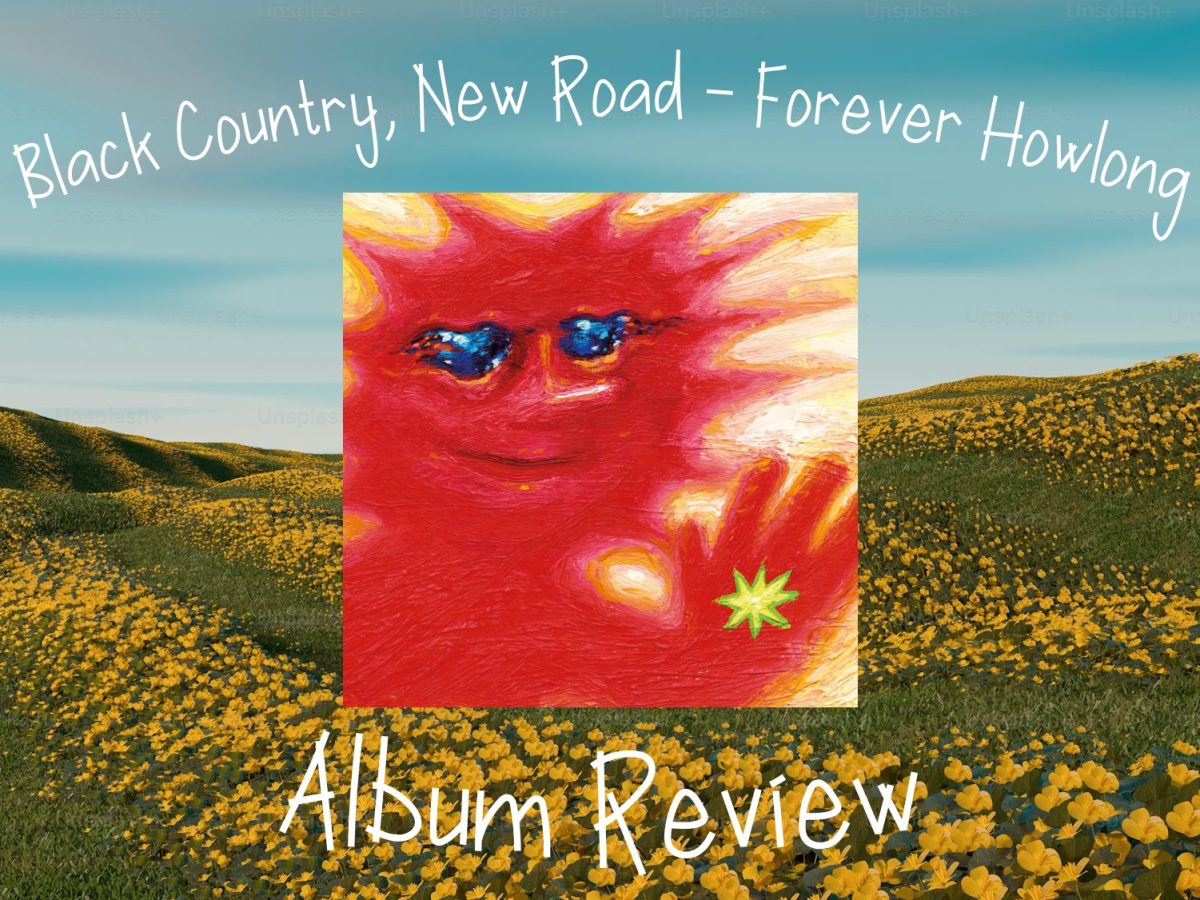

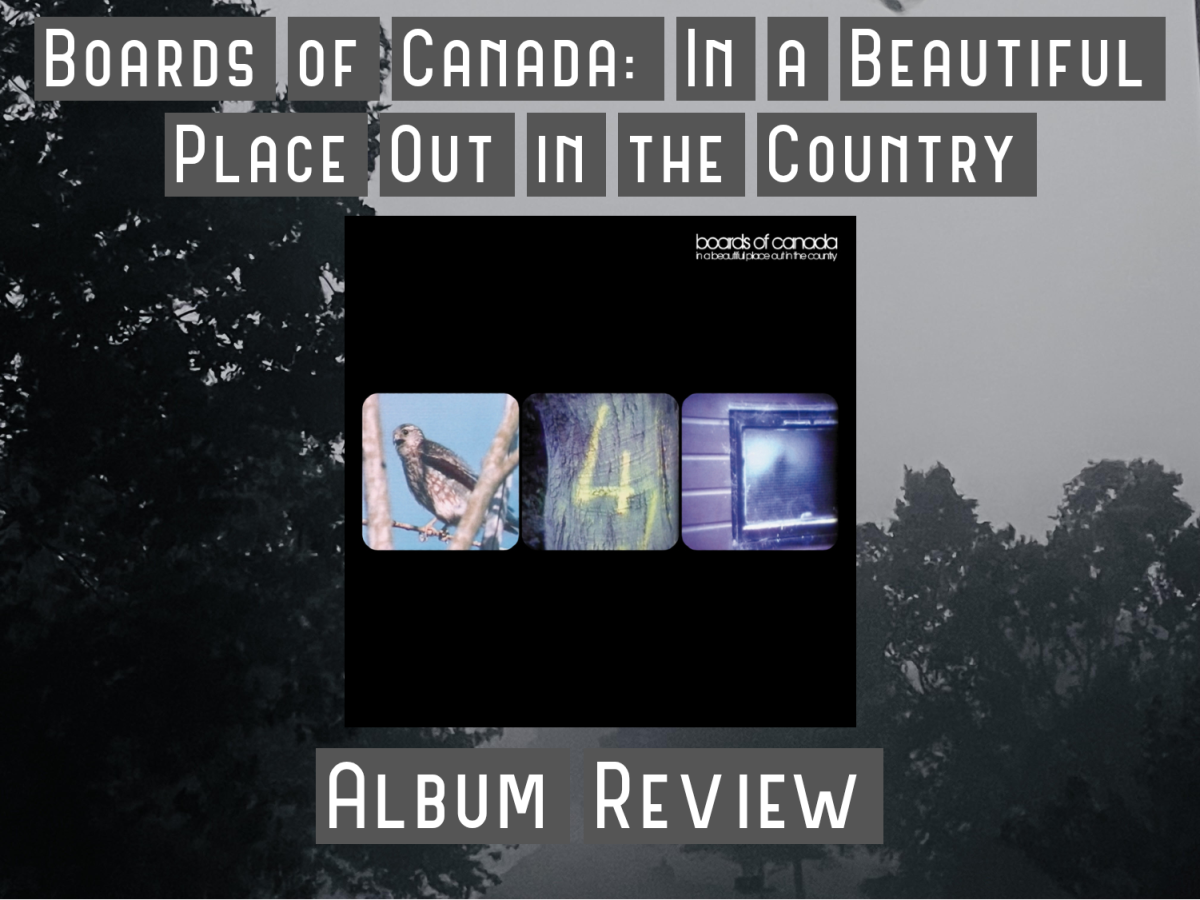
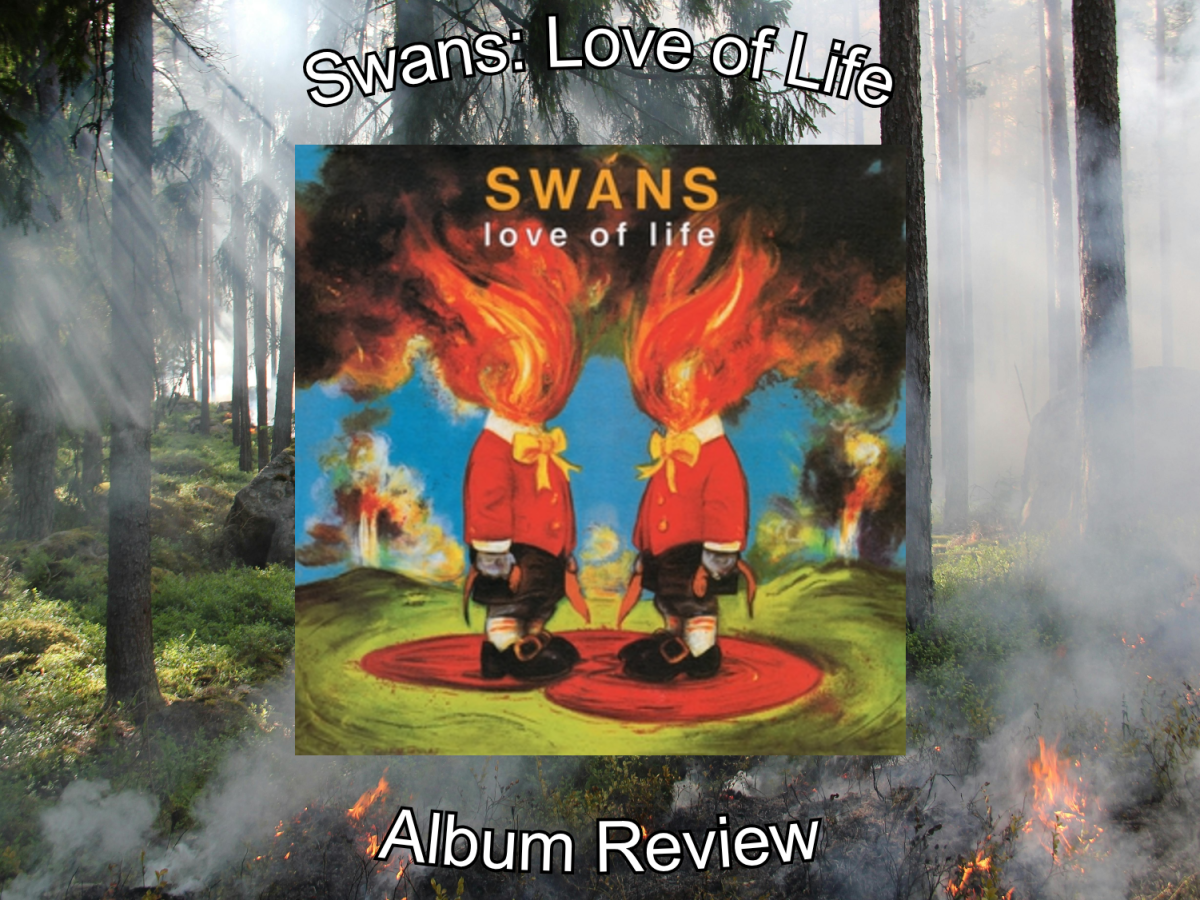


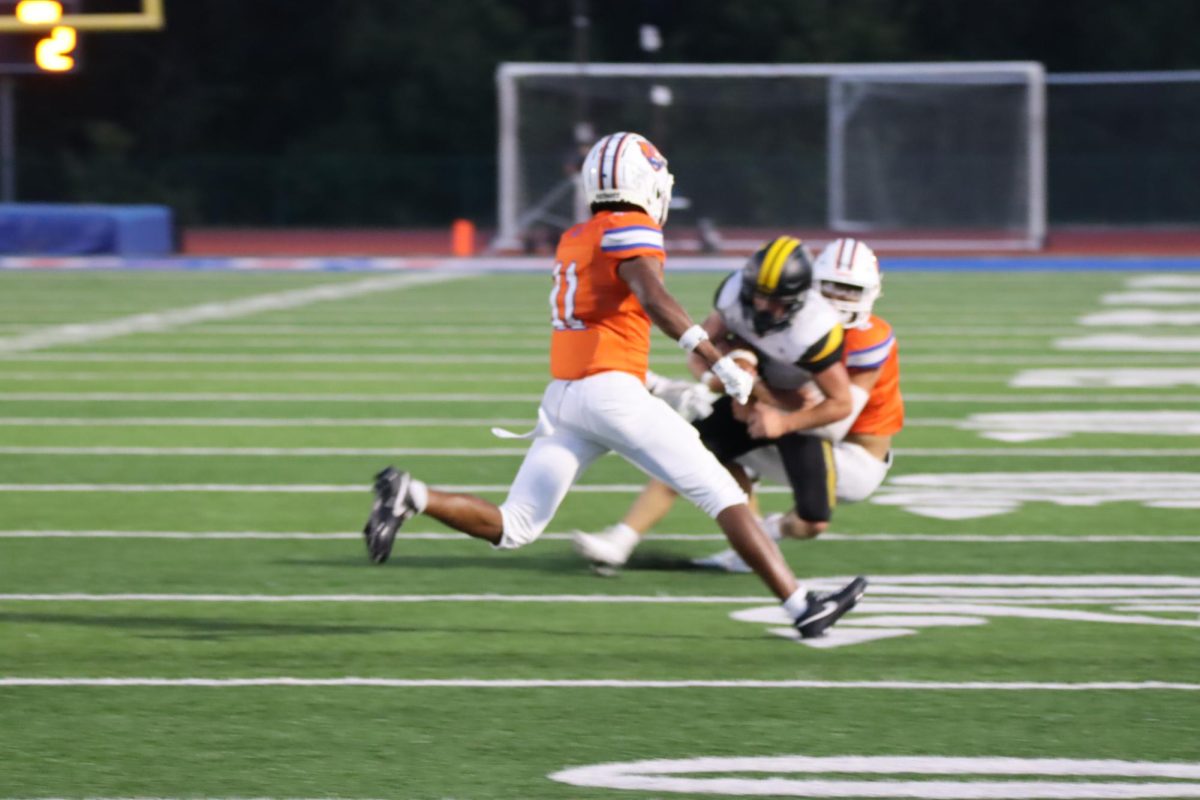
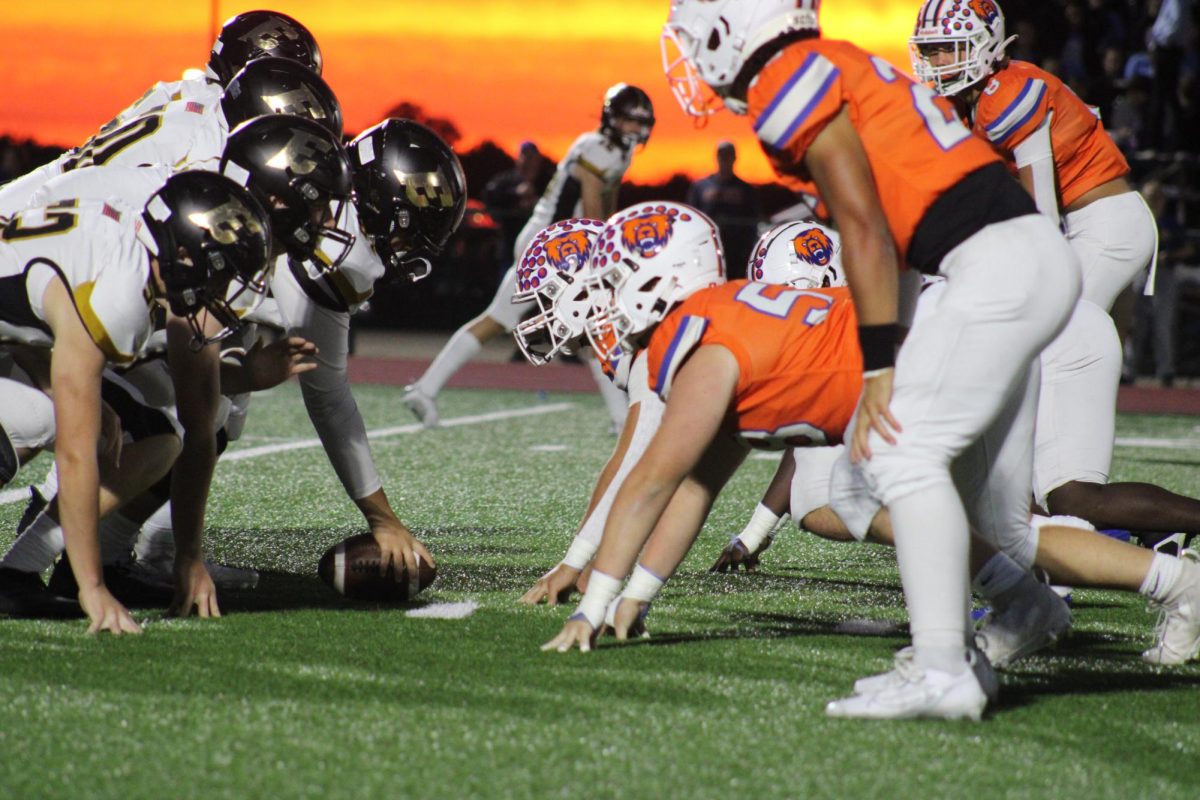
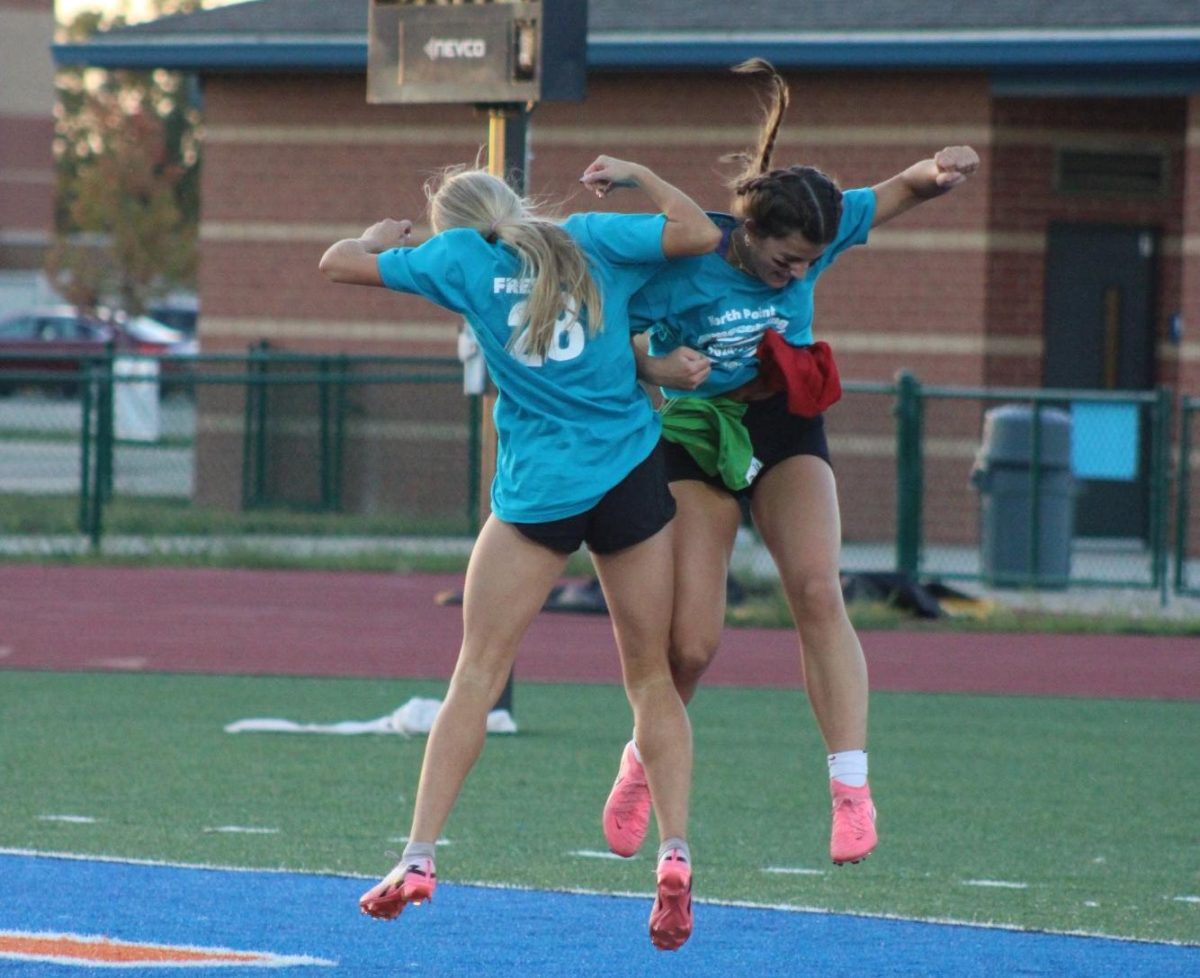



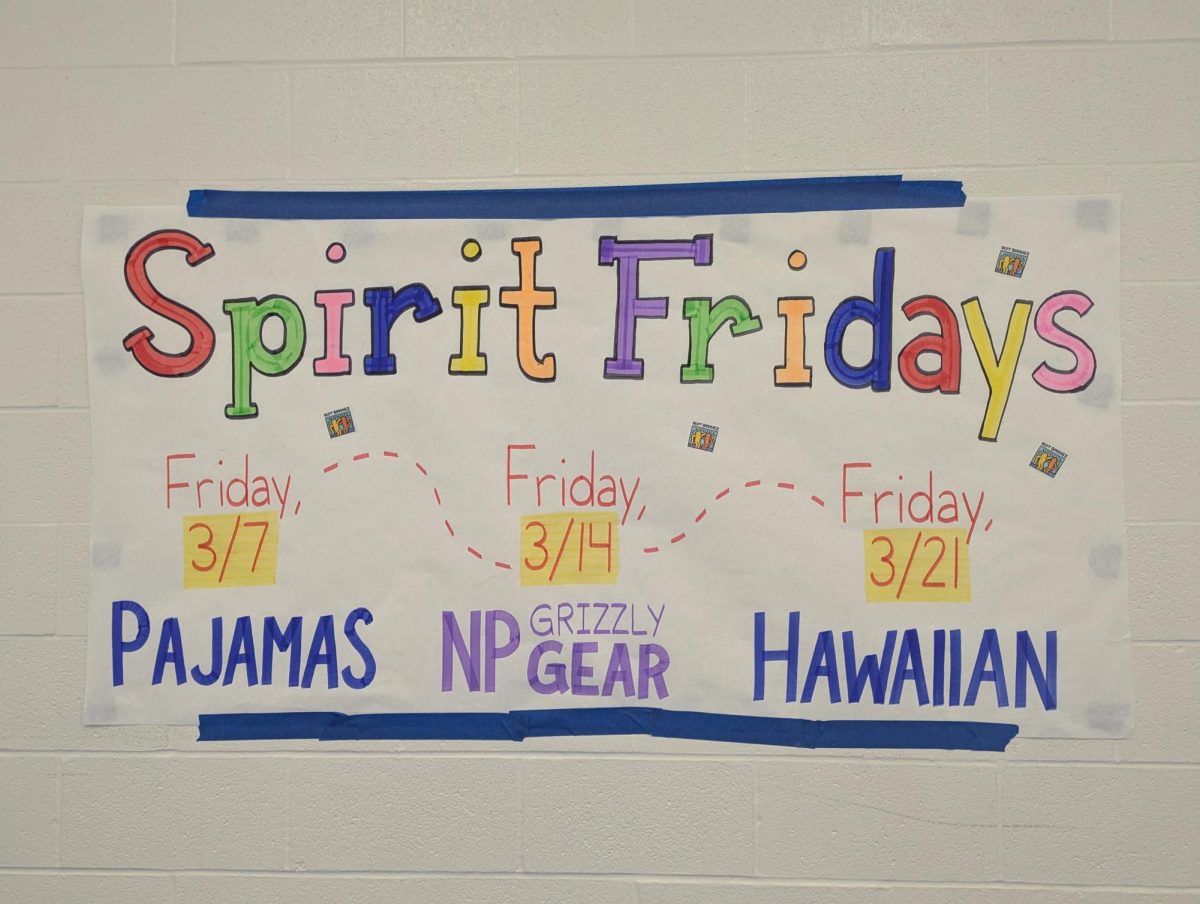


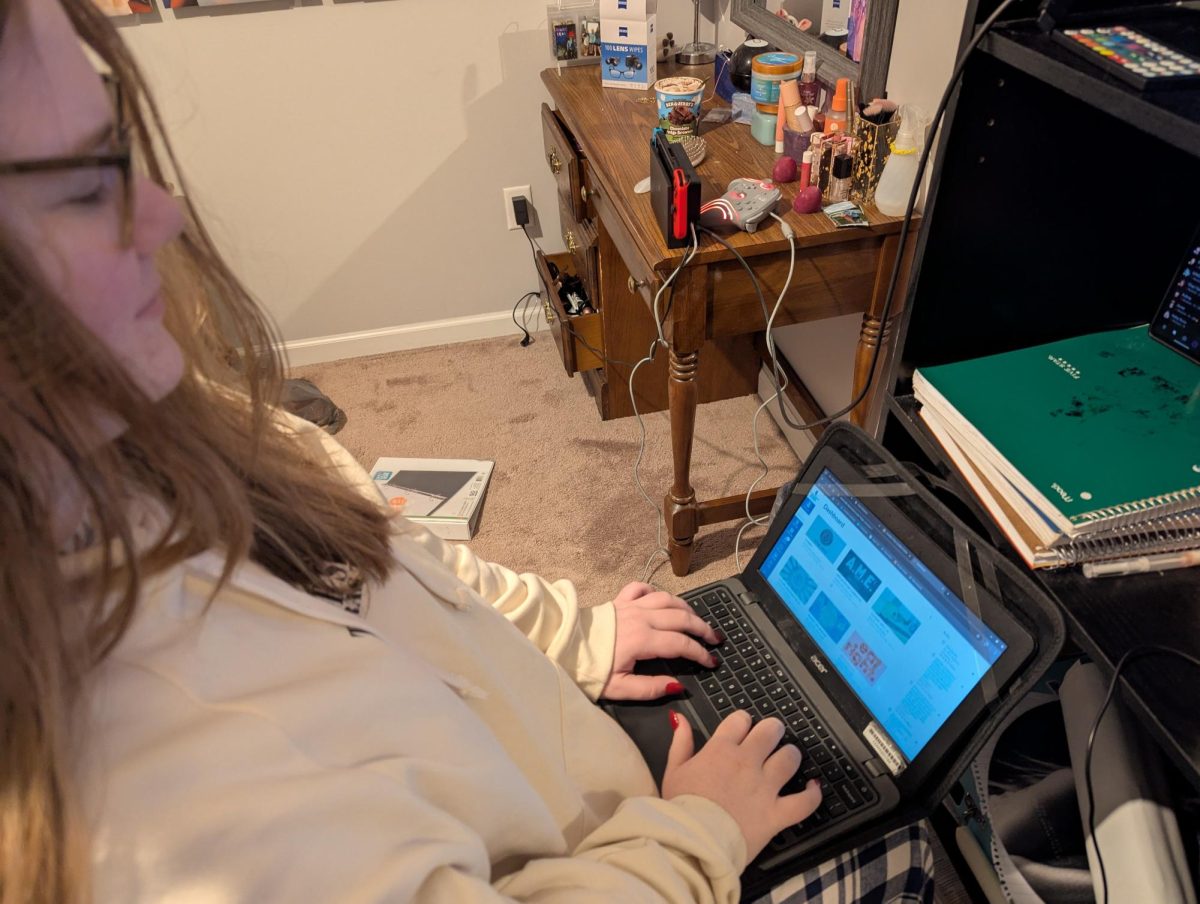
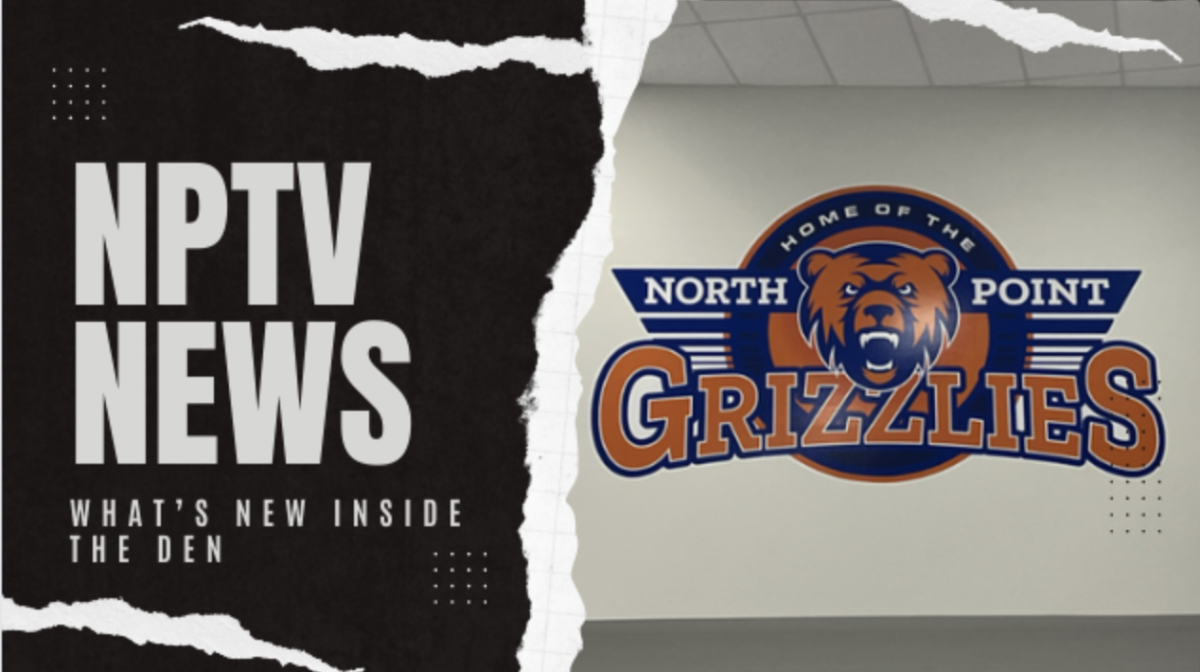



Nahuel • Nov 19, 2024 at 10:51 pm
Reading the analysis at the moment. I just want to note that David Gilmour sings the first sections of Dogs, while Waters sings the final section.
Alex • May 9, 2024 at 4:03 am
Excellent article. There is a paragraph near the end that seems to cut out, but on the whole I enjoyed the analysis. Keep up the good work!
OneiroDancer • Apr 23, 2024 at 8:03 am
I agree on most of the review, but I am not convinced that “Pigs on the wings” 1&2 are simple, and the perspective of “someone and his lover”. I have the feeling that there is some deeper meaning in there, even if I couldn’t point out exactly which one. I shall “keep on digging”…